Sustainability Experience
BIOL 1210 – Courses in Environmental Sustainability
I took BIOL 1210 in my winter semester of first year. In this course, I was able to learn about the ecosystems, populations, and species of animals that all are affected by evolution and selection. Through this learning, I have developed a greater appreciation for our interactions with our surrounding environment and the impacts of humans on the ecosystems.
BIOL 2160 – Courses in Environmental Sustainability
I took BIOL 2160 in my fall semester of my second year. Throughout this course, I increased my understanding of what it was to have interconnectedness with the many things around us. Through the concept of interconnectedness, I was able to better understand the synergistic relationship between the ecosystem, bacteria, humans, animals, and other players. This course has pushed me to understand the value of sustainable solutions for pollution and waste with bacteria being able to be used as a substitute for conventional waste management and degradation.
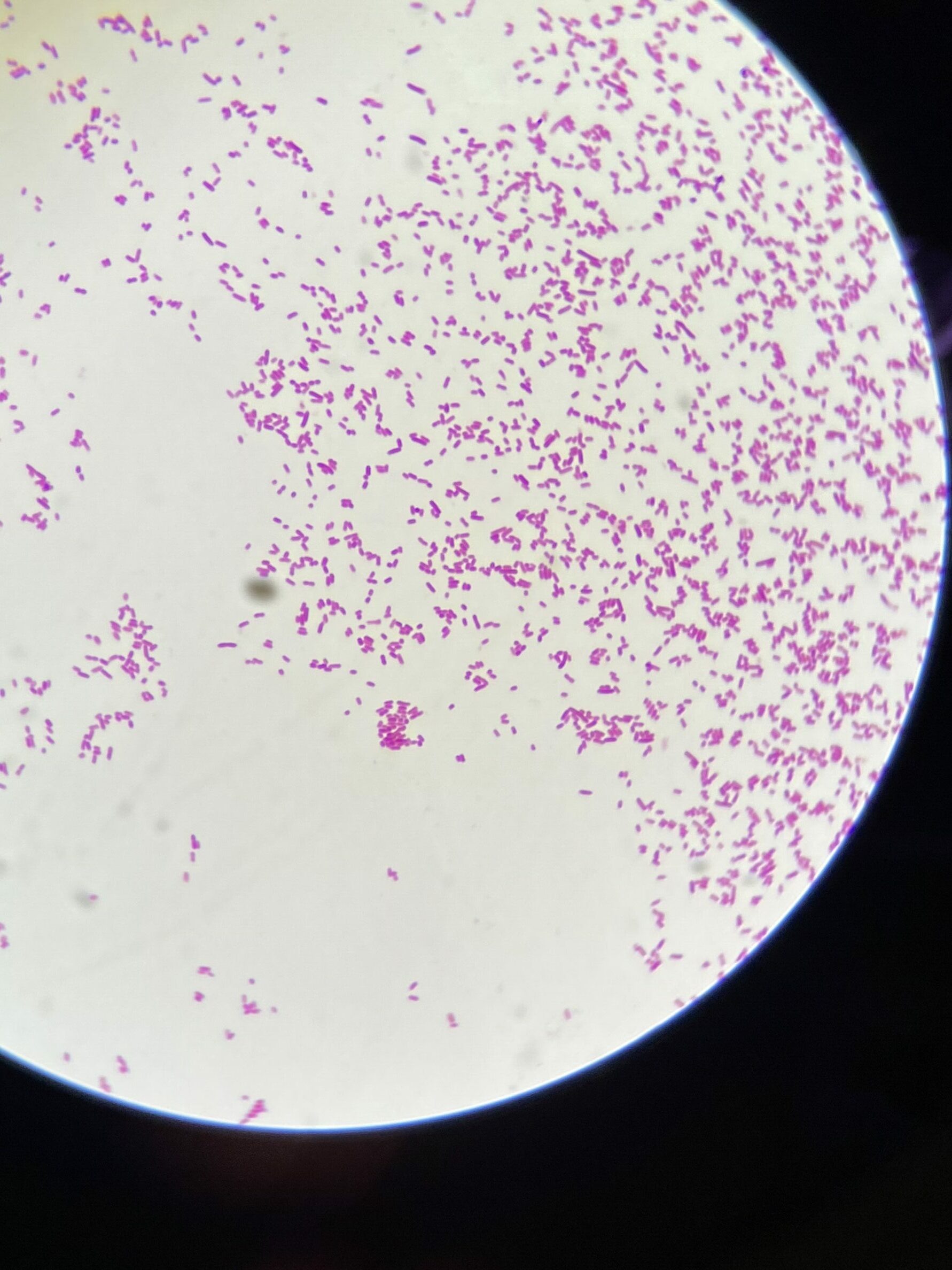
NSERC USRA – Green Job
Through my NSERC USRA work in the summer of 2023, I had the privilege of working under Dr. Eric Bottos. In this summer, I worked to develop a device that allowed for a controlled dispersal and interaction of two different soil microbial communities. This model was key in determining the interactions between permafrost and active layer soil microbial communities. This is an increasingly important area of concern as the permafrost is thawing and releasing dormant microbes into the ecosystem. These devices were novel, therefore, to develop them, I used the TRU Makerspace to design a model, 3D-print it, and assemble them. With a new device, I was able to test the function on some local soil samples by using forest and grasslands samples from Paul Lake and Knutsford, respectively. My results were then disseminated locally and nationally.
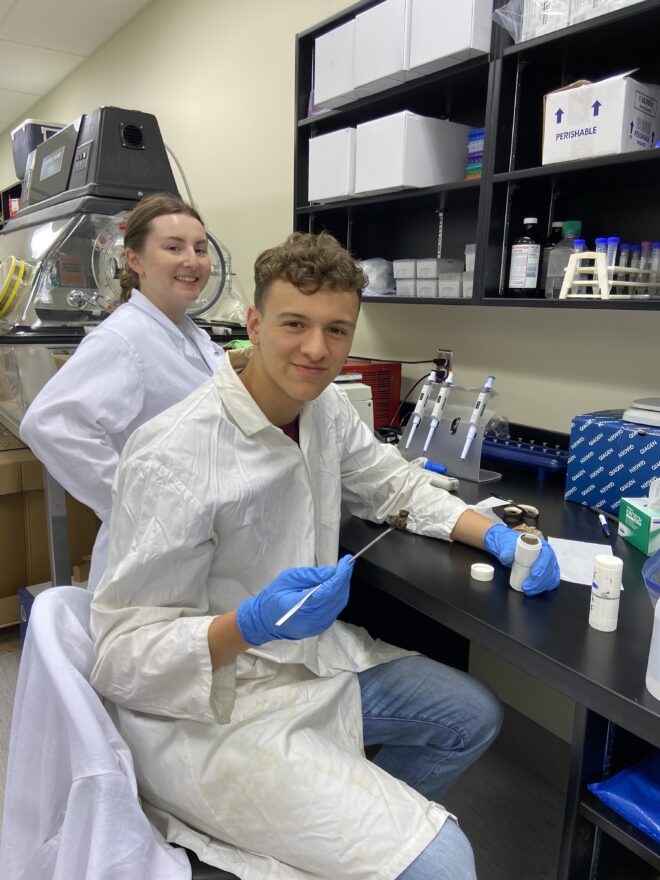
Microbiology Outreach Foundation – Social Organization
I am the Founder and President of the Microbiology Outreach Foundation that works to increase accessibility of STEM education by providing free hands-on experiences and programs for children and youth in BC to encourage and inspire them and complement classroom learning. Through founding this registered non-profit organization, we have impacted over 600 children as of March 2025. Our programs all use the idea of interconnectedness with our “Bacteria in the Environment” program working to describe the importance of bacteria in the environment. Through these programs, students have become excited about microbiology and able to become immersed in the microscopic world around them at such a young age.
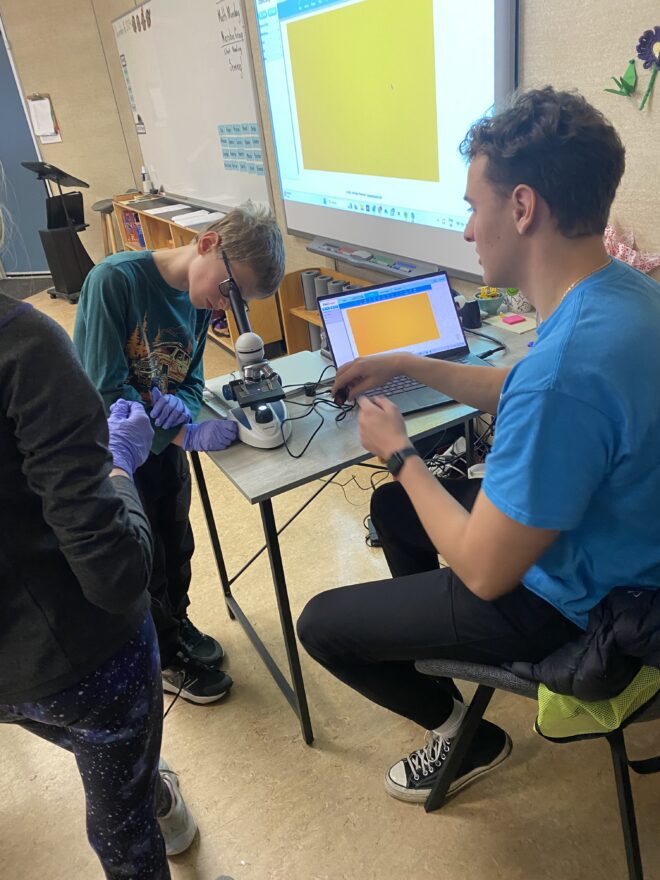
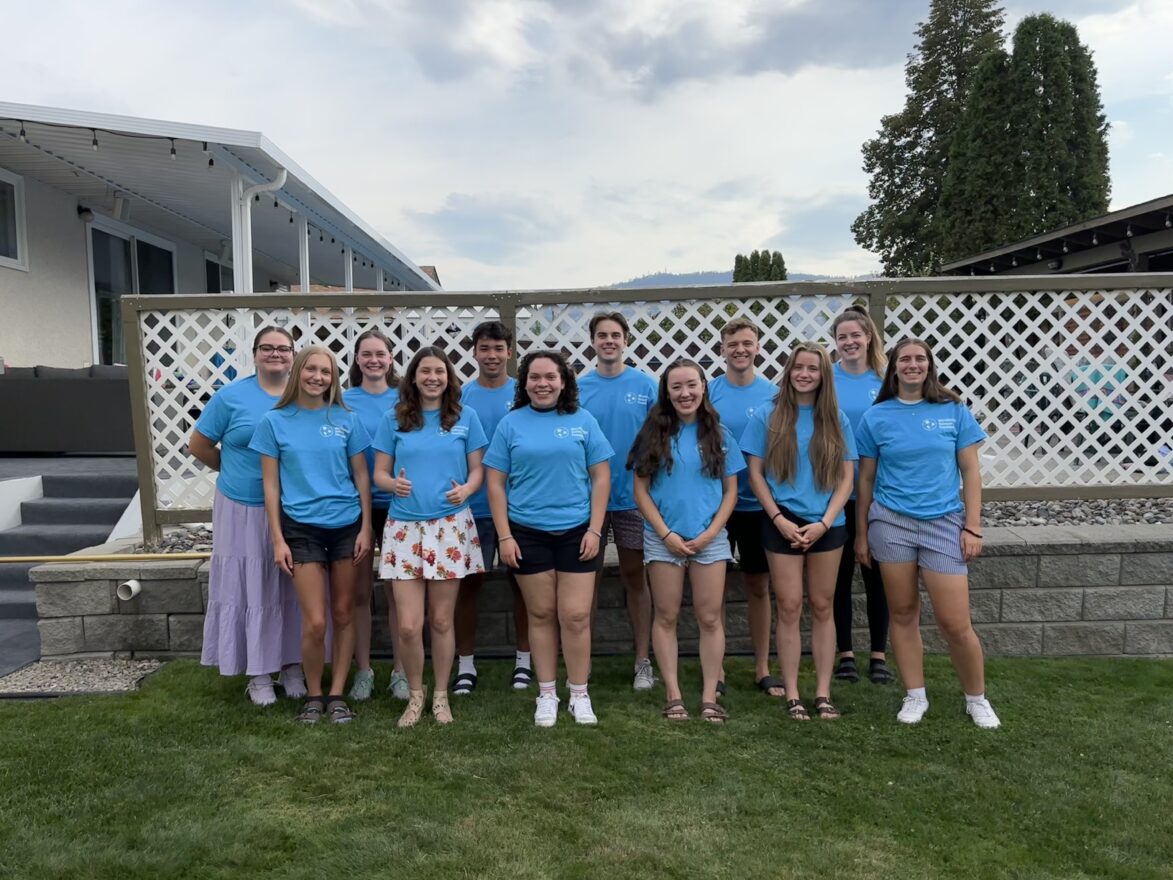
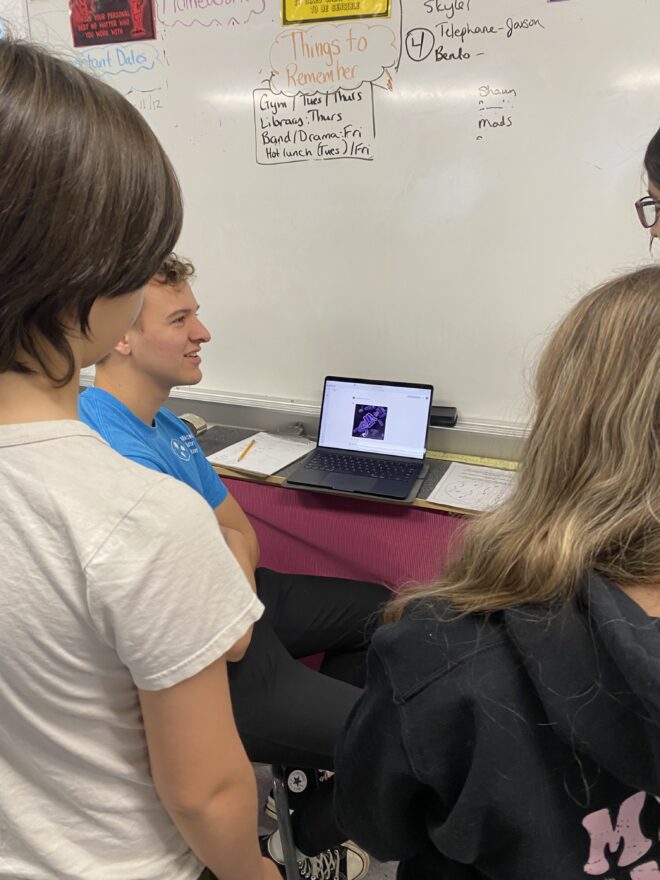
TRU URIC and SUPER Poster Presentations – 2 Extra-Curricular Sharing Experiences
Through the TRU Undergraduate Research and Innovation Conference as well as the Science Undergraduate Poster Exhibition of Research in 2024, I was able to disseminate my results of my NSERC USRA project under Dr. Eric Bottos. At this local level, I had a broad audience of primarily multi-disciplinary undergraduate students with community members also attending. With this diverse audience, I ensured to communicate my findings at a level that demonstrated the impact of the findings with an accessible lens.
In-a-Nutshell Presentation – Extra-Curricular Sharing Experience
In March 2024, I competed in an undergraduate version of the national 3-Minute Thesis competition hosted at TRU. The audience was mostly community members with other undergraduate students watching to support. This presentation challenged me to disseminate the ecological importance of my research in under 3 minutes in an accessible manner. Through this presentation, I was able to describe the impact of permafrost thawing on the active layer communities and demonstrate the impact of these microbial communities in our daily lives.
CSM Presentation – Give Back Project
To wrap up my work, I was able to travel to London, Ontario in the summer of 2024 to provide a national-level presentation at the annual Canadian Society of Microbiologists conference. Here, I was able to present my work to a specialized group of researchers that provided me with insights and ideas to continue future work in the development and applications of the incubation chambers. At this this conference, I was also able to attend various lectures and presentations that described the advances in microbiology with many focusing on the large shifts towards sustainability. Overall, this presentation allowed me to disseminate my findings to a broad audience and provide insights as to how this work is valuable at the world stage.